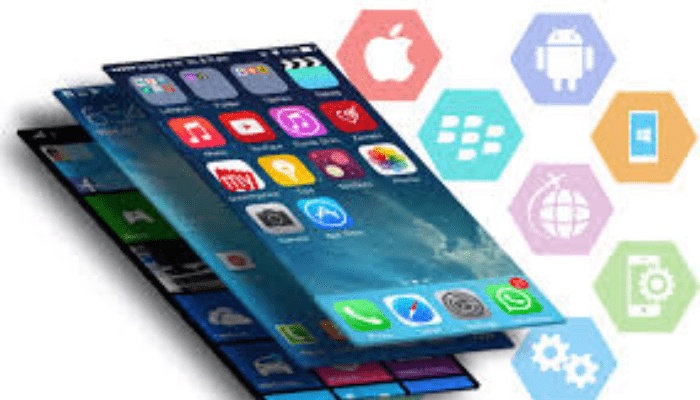In today's digital age, mobile applications have become integral to our daily lives, serving various purposes from entertainment to productivity and beyond. However, amidst the innovation and creativity in mobile app development, there lie a plethora of legal considerations that developers must navigate to ensure compliance, mitigate risks, and protect their intellectual property. This introduction explores the top 11 legal issues that mobile app developers must carefully consider throughout the development process.
Firstly, intellectual property protection is paramount to safeguarding the unique elements of the app, including code, content, and design. Secondly, user data privacy is a critical concern, necessitating adherence to privacy regulations and the implementation of robust data protection measures.
Additionally, developers must draft comprehensive terms of service and end-user license agreements to govern app usage. Security measures are essential to prevent breaches and protect user information, while payment processing compliance ensures smooth transactions.
Accessibility, app store guidelines, copyright infringement, open-source compliance, regulatory requirements, and contractual agreements with third parties round up the legal landscape developers must navigate. By addressing these considerations proactively, developers can minimize legal risks and foster trust with users and stakeholders alike.
-
Intellectual Property Protection: Ensure that you own or have the appropriate licenses for all the content, code, and assets used in your app. This includes trademarks, copyrights, and patents.
-
User Data Privacy: Implement measures to protect user data and comply with relevant privacy laws such as the General Data Protection Regulation (GDPR) in Europe or the California Consumer Privacy Act (CCPA) in the United States. Provide a clear privacy policy outlining what data you collect, how it's used, and how users can control their data.
-
Terms of Service and End User License Agreements (EULA): Draft legally binding agreements that outline the terms and conditions users must agree to when using your app. These agreements should cover issues such as user conduct, intellectual property rights, limitations of liability, and dispute resolution.
-
Security: Implement robust security measures to protect your app from hacking, data breaches, and other security threats. Consider encryption, secure authentication mechanisms, and regular security audits.
-
Payment Processing and In-App Purchases: If your app involves transactions or in-app purchases, ensure compliance with relevant payment regulations and secure payment processing standards like Payment Card Industry Data Security Standard (PCI DSS).
-
Accessibility Compliance: Ensure that your app is accessible to users with disabilities by adhering to accessibility standards such as the Web Content Accessibility Guidelines (WCAG).
-
App Store Guidelines: Familiarize yourself with the guidelines and policies of the app stores (e.g., Apple App Store, Google Play Store) where you plan to distribute your app. Violating these guidelines could result in your app being rejected or removed from the store.
-
Copyright Infringement and DMCA Compliance: Avoid using copyrighted material without proper authorization, and have procedures in place to handle copyright infringement claims in compliance with the Digital Millennium Copyright Act (DMCA).
-
Open Source Compliance: If your app includes open-source software components, ensure compliance with the applicable open-source licenses and properly attribute the use of such components.
-
Regulatory Compliance: Depending on the nature of your app and the jurisdictions where it will be available, you may need to comply with industry-specific regulations (e.g., healthcare regulations for medical apps) and consumer protection laws.
-
Contractual Agreements with Third Parties: If you're working with contractors, developers, or other third parties in the development of your app, make sure to have clear agreements in place regarding ownership of intellectual property, confidentiality, and responsibilities.
Conclusion
In conclusion, navigating the legal landscape of mobile app development requires careful attention to various considerations to ensure compliance, protect intellectual property, and mitigate risks. From intellectual property protection to user data privacy, security, and regulatory compliance, developers must address these issues throughout the app development lifecycle. Additionally, adhering to app store guidelines, copyright laws, and contractual agreements with third parties is crucial for a successful and legally sound app launch.
By proactively addressing these legal considerations, developers can not only minimize the risk of legal disputes and regulatory penalties but also build trust with users and stakeholders. A comprehensive approach to legal compliance not only safeguards the developer's interests but also enhances the app's reputation and longevity in the market.
Ultimately, collaboration with legal professionals specializing in technology and intellectual property law is essential for navigating these complexities effectively. By partnering with experts and integrating legal considerations into the development process from the outset, developers can create innovative and legally compliant mobile apps that deliver value to users while mitigating potential legal pitfalls.


No comments yet